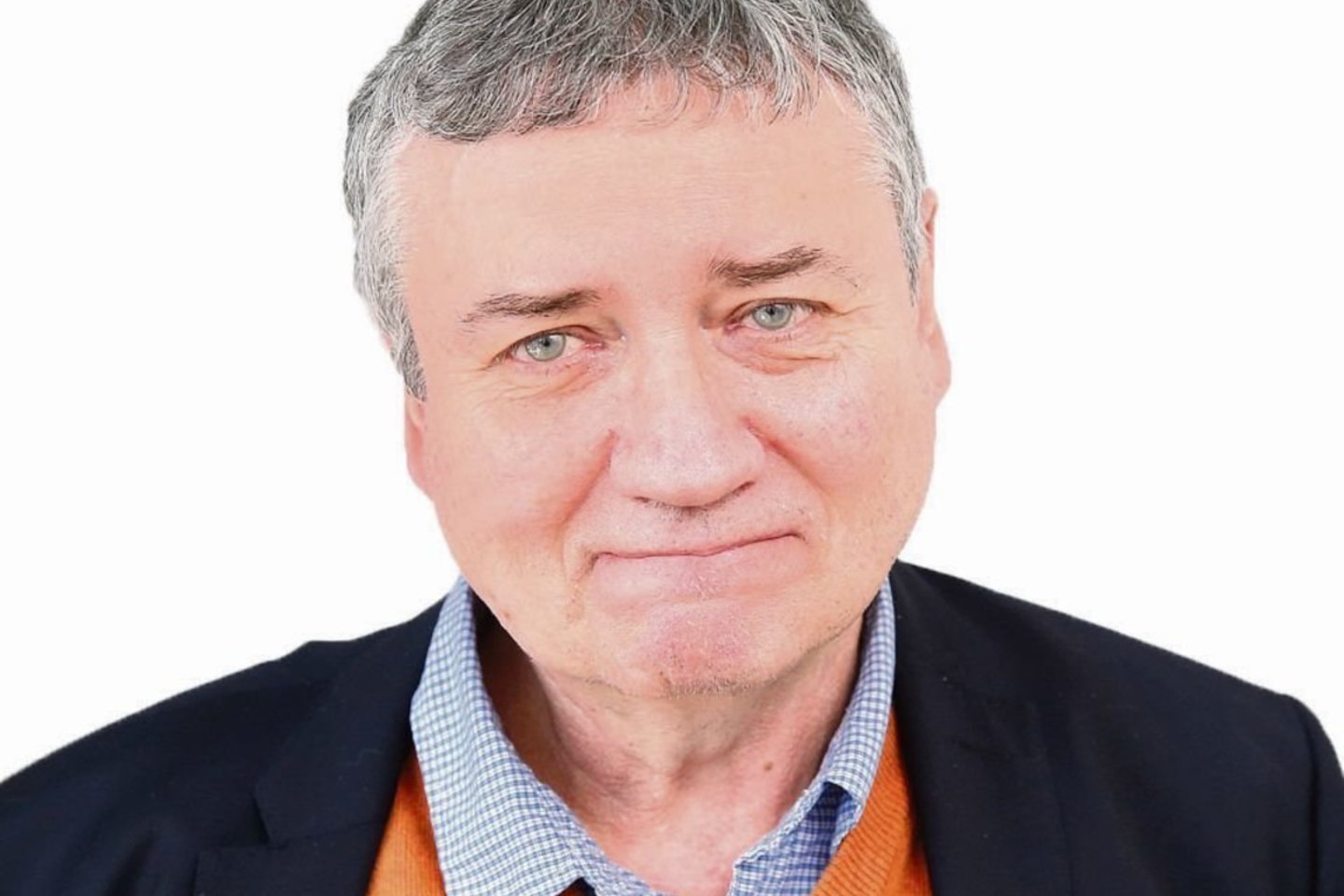Lithuania, with Latvia, Estonia and Finland, is at the forefront of pushing this idea to Europeans.
However, Landsbergis, who has already been disappointed several times when he enthusiastically embraced foreign policy initiatives that did not meet with the approval of other EU countries, is now a bit more cautious - he proposes to exempt the Russians from unilateral restrictions and agree on a common Community-wide solution.
This is unlikely to succeed - Germany and the countries of southern Europe are not about to close their doors to the Russians.
This is a matter of great frustration for many Lithuanians. Our experts are always tempted to preach proudly to the Germans about how to deal with the Russians, but it would still have to be proved that we are clever and that Western politicians are fools and, of course, parasites, appeasers, and servants of Putin.
It is arguable whether German Chancellor Scholz is right when he says that what is happening in Ukraine is not a war against the Russian people but against Putin. It is now fashionable to believe that all Russians are responsible for the suffering of the Ukrainians because they support the Kremlin's imperial policy and dictatorial government. But is this not a bit like accusing Lithuanians of being a nation of Jews responsible for the Holocaust because, during the Second World War, some of our fellow citizens took part in the massacre of their Jewish neighbours?
We can proclaim that the entire Russian nation is morally responsible for the war because it was unable to stop Putin. But universal responsibility is a very slippery slope from a legal point of view. No matter how many Russians support an aggressive war, it is not right to blame the whole nation for it because that is to conflate the chauvinists with people of democratic convictions.
Of course, it is difficult, if not impossible, to distinguish one from the other when it comes to letting tourists in. The questionnaires proposed by Estonia are not a good solution - after all, those wishing to enter the EU can easily lie when asked about their attitude to Russian aggression, although by saying that they condemn the war, they are at least formally forced to distance themselves from Putin.
However, when deciding whether to close the door to Russian tourists, the first question to be answered is what the benefits of such a ban would be. Those who propose this sanction, at least on a regional scale, say that it will make Russian citizens think about the damage that Putin's policies are doing to them.
It is very doubtful whether this will change the imperial consciousness of Russian society. It is more likely that the opposite will happen: many Russians will become even more convinced that they are being discriminated against and humiliated by the West, and they will only feel a growing hatred towards the countries that are imposing the toughest sanctions on them, including Lithuania. Their emotions will overwhelm their common sense.
But the proposals to keep the Russians out are also based less on logic, perhaps more typical of the Germans, than on anger. This is to take revenge on the Russians for the suffering of the Ukrainians so that they, too, can suffer at least a little torture.
Revenge is permissible for human beings, but can states take revenge if they are democracies and govern their lives by the principles of law? What would happen if the law were determined by the public's feelings, especially anger? Perhaps the death penalty would not only return to the Lithuanian penal code.
When punishing Russians, it would also be worth clarifying where Putin's support is more ardent - among the Russian-speaking communities in the Baltic countries or in Moscow and St Petersburg. Perhaps the Russians in Lithuania, who ignore Lithuanian sources of information, are even more loyal to Russian imperial policy than, for example, the Moscow people - I have heard how passionately our Russians justify aggression in Ukraine.
I can also draw on personal experience. I have long known a Moscow photographer who has a small photographic advertising company. I spoke to him on the phone, and he is not in the least bit worried about the war that Putin has started, and he has never felt any sympathy for Putin, and now he is just trembling with anger.
I realised that at least some Russians are not at all afraid to condemn the war in private conversations - whatever we say, the total surveillance and repression of the Soviet era against the rest of the world have not yet returned to Russia. Public protests are another matter.
An acquaintance of mine confesses that he will not be taking to the streets to protest - he is in his mid-seventies. Will he want to fight with the Moscow police? Moreover, he feels responsible for two dozen of his employees who would lose their jobs if the company's owner became an open enemy of the government. Small private businesses in Russia are also heavily dependent on state-controlled orders.
Those who preach to them from the safety of Lithuania should reflect on the situation of Russian intellectuals. I suspect that most of our brave souls if placed in similar conditions, would turn tail and sit with one of the muscles of one part of their body more tightly contracted than would the silent Russians they are spitting at, even though they do not support Putin.


